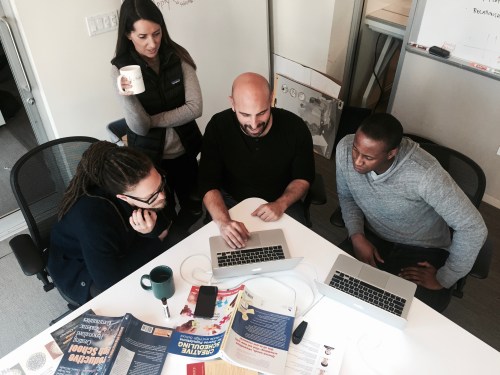
Serbian Police Using Mobile Device Hacking Tools to Spy on Activists and Journalists
The use of mobile device hacking tools by police in Serbia has raised significant concerns about the surveillance practices employed by the state. According to a report by Amnesty International, the authorities are using tools built by Israeli company Cellebrite to break into the phones of activists and journalists and then install spyware to track them.
Background on Cellebrite’s Digital Forensic Tools
Cellebrite is a leading provider of digital forensic solutions for law enforcement agencies worldwide. Their tools are designed to help investigators unlock devices for forensic purposes, such as extracting data from mobile phones, tablets, and other electronic devices. However, Amnesty International warns that these tools can be used for invasive surveillance, compromising the rights of individuals.
Amnesty International’s Report on Surveillance Practices in Serbia
The report by Amnesty International highlights several cases where Serbian authorities have used Cellebrite’s digital forensic tools to access the phones of civil society members. In some instances, the police detained individuals under various premises and conducted additional procedures, such as drug testing and psych evaluations, which added extra time to the length of detention. During this period, the authorities would plant ‘Novispy’ – a spyware program likely developed by the state – on their phones.
Case Studies: Surveillance of Activists and Journalists
One notable case reported by 404 Media involves FAR’s deputy editor, Slaviša Milanov, and the editor-in-chief. They were driving together when they were stopped by Serbian authorities, who detained them and confiscated their phones. Upon returning the devices, they noticed changes, including toggled-off data and Wi-Fi, as well as apps using excessive energy.
Milanov’s Android device, a Xiaomi Redmi Note 10S, was running extra software when he received it back. The police had extracted 1.6GB of data from his phone even though he had not given up his password.
Response from Cellebrite
Cellebrite senior director Victor Cooper responded to questions from Amnesty International, stating that the company’s products are licensed strictly for lawful use, requiring a warrant or a legally sanctioned investigation per the end user agreement. Cooper also told 404 Media that Cellebrite is investigating the alleged misuse of their technology and is prepared to impose appropriate sanctions with relevant agencies.
Calls for Action
Amnesty International is calling on the Serbian government to end these surveillance practices:
- Stop using highly invasive spyware: The organization urges the authorities to cease using Novispy and other digital forensic tools to track individuals.
- Provide effective remedy to victims of unlawful targeted surveillance: Amnesty International demands that those responsible for the violations be held accountable, and the victims receive adequate compensation.
- Ensure Cellebrite conducts adequate due diligence: The organization encourages Cellebrite to take responsibility for their products being used in a way that contributes to human rights abuses.
Conclusion
The use of mobile device hacking tools by police in Serbia raises significant concerns about surveillance practices employed by the state. Amnesty International’s report highlights the need for accountability and transparency in the use of digital forensic tools. As technology continues to advance, it is essential that law enforcement agencies prioritize respect for human rights and dignity.
Recommendations
To prevent similar situations in the future:
- Implement robust safeguards: Law enforcement agencies should establish clear guidelines and regulations for the use of digital forensic tools.
- Ensure transparency and accountability: Agencies must be transparent about their surveillance practices and provide accountability mechanisms for any wrongdoing.
- Foster cooperation between governments and technology companies: Collaboration between governments, technology companies, and human rights organizations is crucial in promoting responsible innovation.
By addressing these concerns, we can work towards a future where individuals’ rights are respected, and surveillance practices prioritize transparency and accountability.














